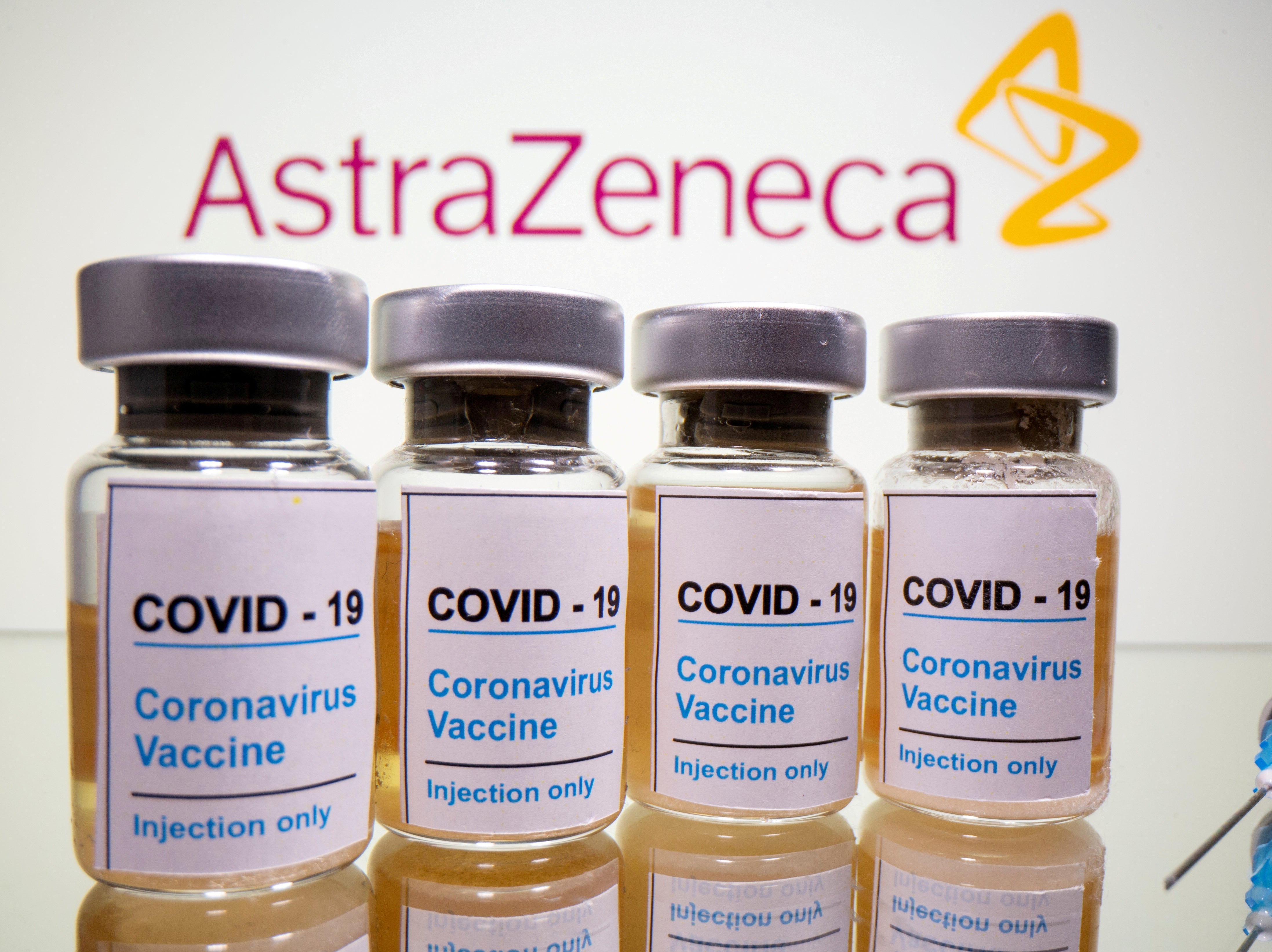Germany ‘won’t approve’ AstraZeneca vaccine for over-65s
Committee says there is not enough data to recommend jab for older age groups

Your support helps us to tell the story
From reproductive rights to climate change to Big Tech, The Independent is on the ground when the story is developing. Whether it's investigating the financials of Elon Musk's pro-Trump PAC or producing our latest documentary, 'The A Word', which shines a light on the American women fighting for reproductive rights, we know how important it is to parse out the facts from the messaging.
At such a critical moment in US history, we need reporters on the ground. Your donation allows us to keep sending journalists to speak to both sides of the story.
The Independent is trusted by Americans across the entire political spectrum. And unlike many other quality news outlets, we choose not to lock Americans out of our reporting and analysis with paywalls. We believe quality journalism should be available to everyone, paid for by those who can afford it.
Your support makes all the difference.Germany has recommended the AstraZeneca coronavirus vaccine should only be given to people under the age of 65.
The country’s vaccine committee said a lack of sufficient data on the effectiveness of the inoculation in older people was the reason for the decision in a draft recommendation.
The European Medicines Agency is expected to approve the AstraZeneca vaccine, developed alongside the University of Oxford, for use in the 27-nation European Union on Friday.
It would be the third cleared for use in the EU after the BioNTech-Pfizer and Moderna vaccines.
Germany and AstraZeneca were both forced to deny German media reports that the vaccine was substantially less effective among the over-65s on Wednesday.
The pharmaceutical giant strongly refuted the claims in a written statement, saying “reports that the AstraZeneca/Oxford vaccine efficacy is as low as 8 per cent in adults over 65 years are completely incorrect”.
It also recently became embroiled in a row with the EU after it told the bloc the volume of its vaccine deliveries would be 60 per cent lower than initially promised for the first quarter of this year.
The German health minister, Jens Spahn, stressed that the committee’s recommendation was not its final decision, and that this would only be made once the vaccine is cleared for use.
But he said there had been a discussion since autumn about there being a lack of data in studies on the AstraZeneca vaccine’s effectiveness in older groups.
“It was to be expected that this would have an influence on the decision of the regulatory authorities and then the permanent vaccine commission,” Mr Spahn said.
“We just don’t know yet how concretely – so let’s wait for the decision tomorrow on clearance and then the final recommendation from the permanent vaccine commission.”
Boris Johnson joined Public Health England (PHE) in defending the use of the jab after Germany’s draft recommendation.
Asked if he is concerned about the verdict, the prime minister told reporters: “No, because I think the MHRA, our own authorities have made it very clear that they think the Oxford/AstraZeneca vaccine is very good and efficacious, gives a high degree of protection after just one dose and even more after two doses.
“And the evidence they’ve supplied is they think it’s effective across all age groups and provides a good immune response across all age groups.”
He added: “I don’t agree with that.”
Additional reporting by AP and PA





Join our commenting forum
Join thought-provoking conversations, follow other Independent readers and see their replies
Comments